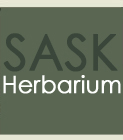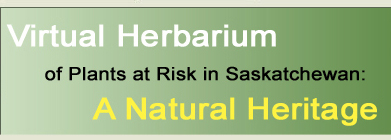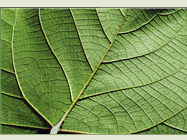
|

|

|

|

|

|

|
|
|
|
|
|
| Sparganium hyperboreum Laestad. | Species Image Gallery (opens in a new window) |
||||||||||||||||||||||||||||||||||||||||||||
| TAXONOMY | |||||||||||||||||||||||||||||||||||||||||||||
| Family: | Sparganiaceae | ||||||||||||||||||||||||||||||||||||||||||||
| Genus: | Sparganium | ||||||||||||||||||||||||||||||||||||||||||||
| Species Synonyms: | Sparganium submuticum (Hartm.) Hartm. Sparganium williamsii Rydb. |
||||||||||||||||||||||||||||||||||||||||||||
| Common Names: | northern bur-reed | ||||||||||||||||||||||||||||||||||||||||||||
| DISTRIBUTION | |||||||||||||||||||||||||||||||||||||||||||||
| Canada: | Yukon – Mackenzie District – Keewatin District – Ungava – Labrador, south to west-central British Columbia, northwestern Saskatchewan, northeastern Manitoba, northwestern Ontario, eastern Quebec – Newfoundland | ||||||||||||||||||||||||||||||||||||||||||||
| Saskatchewan: | northwestern Saskatchewan; Lake Athabasca | ||||||||||||||||||||||||||||||||||||||||||||
| Ecoregion: | Tazin Lake Upland | ||||||||||||||||||||||||||||||||||||||||||||
| HABITAT | |||||||||||||||||||||||||||||||||||||||||||||
| Saskatchewan: | emergent shallow-water aquatics at sedge-marshy streamlet borders | ||||||||||||||||||||||||||||||||||||||||||||
| Canada: | ponds and lakes | ||||||||||||||||||||||||||||||||||||||||||||
| RARITY STATUS | |||||||||||||||||||||||||||||||||||||||||||||
| Provincial
Status According to Harms (2003): |
Endangered |
||||||||||||||||||||||||||||||||||||||||||||
| Nature Conservancy Status: | G5 S2 |
||||||||||||||||||||||||||||||||||||||||||||
| Saskatchewan
Species at Risk Status: |
None |
||||||||||||||||||||||||||||||||||||||||||||
| COSEWIC Status: | None |
||||||||||||||||||||||||||||||||||||||||||||
| Northern bur-reed is endangered because of extreme rarity in Saskatchewan. It is regionally restricted to the northwest corner of the province and is almost always locally sparse. Immediate or probable threats have been identified. | |||||||||||||||||||||||||||||||||||||||||||||
| SPECIES DESCRIPTION | |||||||||||||||||||||||||||||||||||||||||||||
| Height: | 10 – 30 cm | ||||||||||||||||||||||||||||||||||||||||||||
| Roots: | fibrous | ||||||||||||||||||||||||||||||||||||||||||||
| Stems: | slender, grass-like, weak | ||||||||||||||||||||||||||||||||||||||||||||
| Leaves: | usually floating, 10 – 50 cm long, 2 – 4 mm wide, linear, flat | ||||||||||||||||||||||||||||||||||||||||||||
| Inflorescence: | male heads 1, terminal, continuous with uppermost female head; female heads 1 – 4, axillary, sessile or lower ones short-stalked, about 1 cm broad at maturity; central axis unbranched, flexuous; bracts ascending, lower bracts inflated near base | ||||||||||||||||||||||||||||||||||||||||||||
| Flowers: | tepals without dark spot at tip, margin jagged; stigmas 1 | ||||||||||||||||||||||||||||||||||||||||||||
| Fruits: | single-seeded, 1.5 – 2.5 mm, brown or yellowish, dull, ribbed, beakless or nearly so | ||||||||||||||||||||||||||||||||||||||||||||
| |||||||||||||||||||||||||||||||||||||||||||||